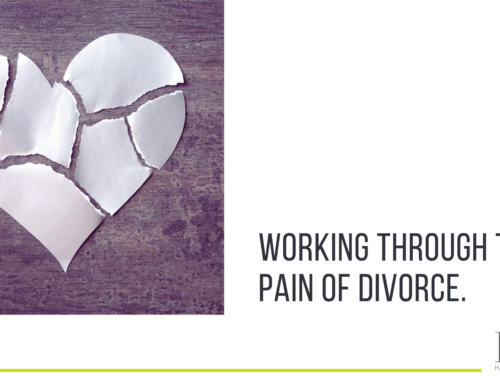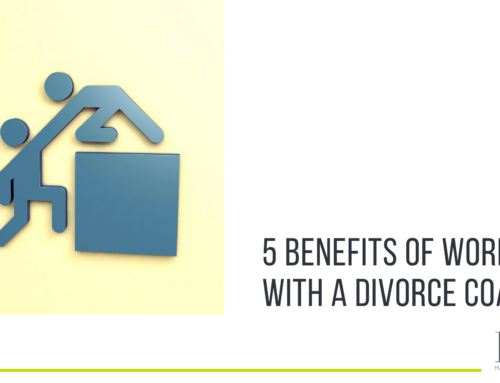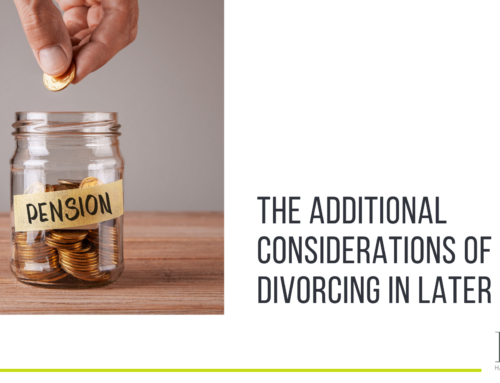Self-employment has been a growing trend in the UK for some time now. As of January 2022, there were approximately 4.19 million self-employed workers in the UK, many of whom will be at the helm of successful businesses.
But what happens during a divorce when there’s a business involved?* Here, we take a look at the particular challenges that might be faced when a divorce involves a business and its assets.
A lack of trust
For many couples, trust is not something they have in abundance when it comes to divorce and their soon to be ex-spouse. Businesses, and their success, are subjective entities. One spouse may feel that the business has been undervalued deliberately. The other might be confused about why their spouse thinks it’s worth more than what they’re telling them.
It’s not as straightforward as looking at a profit and loss sheet. There are lots of questions. How many employees are there? What are the tax liabilities and implications? How much money needs to remain in the bank to maintain a reliable and healthy working capital? These are all things that will affect the value of a business.
Full company accounts will go some way in establishing what the value of a company might be. However, depending on the size of the business, it might be that a more accurate valuation, carried out by a third party expert, is required.
An accurate valuation
During a divorce, the valuation of a business and its assets can be a complicated process. It’s often the subject of deep contention.
A company that’s been doing well might no longer be doing so. For example, the Covid-19 pandemic has negatively affected many businesses over the last couple of years, and economic recovery can take time. Not to mention that business owners often present a rosier picture of their success than might be true in reality. It’s hard to pinpoint the kind of profit a company will make in the future, particularly in a very uncertain economic climate.
Suppose the parties can’t reach an agreement. In that case, the court may require the instruction of a third party expert to give an independent business valuation. The next hurdle is that all of this takes time. Having an accurate, in the moment valuation can feel very elusive.
It’s a family affair
It’s not unusual for business owners to add their spouse as a company director. In happier times, this can seem like a good idea. It can be a tax-effective way to draw income from the business. But when couples decide to divorce, this can be problematic.
For example, one spouse might argue that they’ve had an active role in helping the business grow and therefore should take a share of the profits. The other spouse may assert that they were a director in name only, contributing very little to the company’s day-to-day running. This can constitute another issue for protracted negotiations, with its own set of considerations.
Dealing with a business during a divorce isn’t a straightforward issue. Independent legal advice is essential to ensure all interests are protected and achieve a fair and workable outcome. At Harrogate Family Law, we’ve got the expert team you need when it comes to complex financial matters and divorce involving business interests.
*This is a complex area of family law. This blog is not intended as legal advice. You should always seek independent legal advice from a solicitor if you are seeking a divorce and there’s a business involved.






